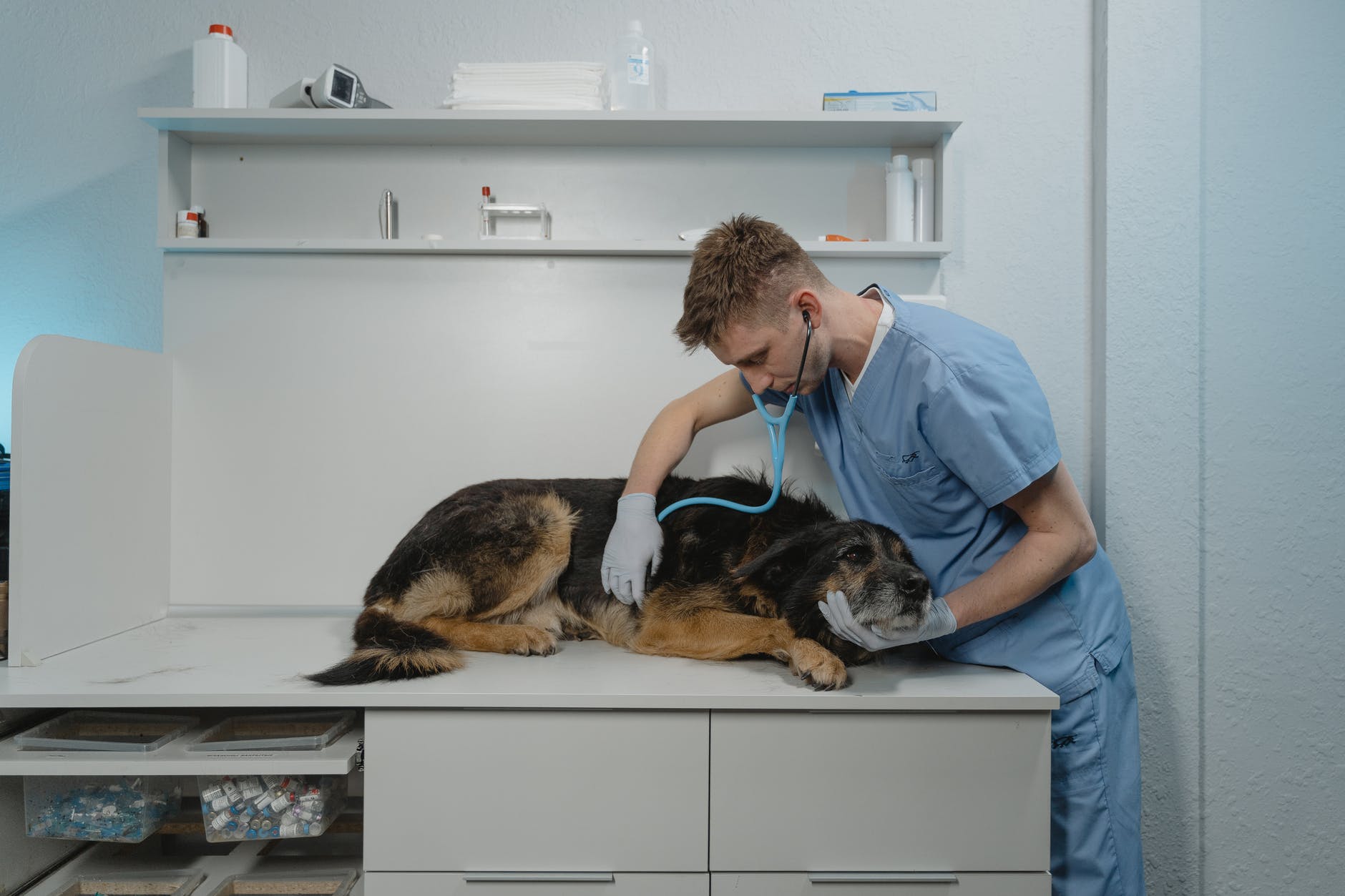If you’re a pet owner, you know that your furry friend is more than just an animal—they’re family. And like any family member, they deserve the best care possible. But how do you choose the right primary care veterinarian? It’s a decision that requires careful thought and consideration. Here’s a guide to help you find the perfect vet for your pet.
1. Do Your Research
The first step is doing some homework. Start by asking friends and family for recommendations. You can also search online for reviews and testimonials. Please pay attention to the experiences of other pet owners, as they can provide valuable insights into the quality of care a veterinarian offers.
Check Credentials and Experience
Once you have a list of potential veterinarians, could you take a closer look at their credentials? Are they licensed and accredited? How long have they been practicing? Experience matters, especially if your pet has specific health needs. A vet with a strong background in pet care will offer the expertise your furry friend deserves.
2. Location and Accessibility
Location is another important factor. You’ll want a vet that is conveniently located, especially in case of emergencies. Check the clinic’s hours to ensure they align with your schedule. Accessibility means fewer headaches and more timely care for your pet.
Visit the Clinic
A visit to the clinic can reveal a lot. Is the facility clean and well-maintained? Do they have modern equipment? The atmosphere of the clinic can say a lot about the level of care your pet will receive. Plus, it gives you a chance to meet the staff and see how they interact with pets.
3. Evaluate the Staff
The staff plays a crucial role in your pet’s care. Are they friendly and knowledgeable? Do they seem genuinely interested in your pet’s wellbeing? A caring and professional staff can make a world of difference in your pet’s experience at the vet.
4. Consider Services Offered
A comprehensive range of services is a sign of a well-rounded veterinary practice. Look for clinics that offer preventive care, diagnostics, surgery, and emergency services. If you’re based in a specific area, you might need specialized services like a veterinary dermatologist in Halifax, especially if your pet has skin issues.
Communication Is Key
Your relationship with your veterinarian is built on open communication. Do they take the time to explain procedures and answer your questions? A good vet will ensure you understand your pet’s health needs and are comfortable with the care plan.
5. Emergency Services
Accidents happen, and when they do, you need to know that help is available. Ensure the clinic offers emergency services or can refer you to a 24/7 emergency vet. It’s crucial to be prepared for any unforeseen situations, keeping your pet’s health as the top priority.
6. Cost and Insurance
Veterinary care can be expensive, so it’s important to understand the costs upfront. Ask about fees for regular checkups, procedures, and emergency visits. Additionally, check if the clinic accepts your pet insurance, which can help manage expenses.
7. Second Opinions
Don’t hesitate to seek a second opinion if you’re unsure about a diagnosis or recommended treatment. A reputable vet will respect your decision and may even suggest colleagues for a fresh perspective.
8. Trust Your Instincts
Finally, trust your instincts. You know your pet better than anyone else. If something doesn’t feel right, keep looking. Your comfort and confidence in the vet are crucial for your pet’s health and your peace of mind.
9. Look for Specializations
If your pet has specific health issues, consider looking for veterinarians with relevant specializations. For example, if you’re searching for a primary care veterinarian in Halifax with expertise in a specific area, it can be a significant asset to your pet’s health journey.
10. Community Involvement
A clinic engaged in the local community often reflects a commitment to pets and pet owners. Look for practices that participate in or sponsor local events or offer educational workshops. This involvement shows they care about the community they serve.
11. Technology and Innovation
Advancements in veterinary medicine happen quickly. A clinic that stays current with technology, such as digital x-rays or modern surgical techniques, is likely committed to providing the best possible care.
12. Comfort and Compassion
Comfort and compassion matter most. Your pet should feel safe and loved at their clinic. Observe how the vet and staff handle pets; their behavior can tell you a lot about the level of compassion within the practice.
Final Thoughts
Choosing the right primary care veterinarian is an essential decision for any pet owner. With research, visits, and reflection on your pet’s specific needs, you can find a vet that feels like a trusted partner in your pet’s wellbeing. Your furry friend deserves the best, and with the right vet, you can ensure they receive the highest quality of care.








